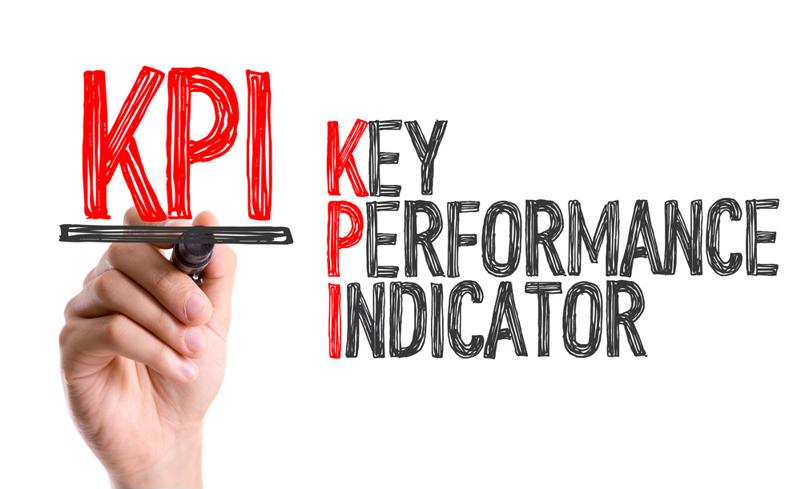
What does it take to create a top-quality supply chain experience? Companies' logistics leaders are becoming increasingly important to their organizations' strategic direction and effectiveness, but success is not guaranteed. The stakes are high and, in the years ahead, a performance gap may open between companies with great back-end operations and those that struggle.
The question facing managers today is whether their current practices are up to the task, or whether they need to fundamentally change something about the way they operate. Not changing anything would of course be easier, but the risk of staying stagnant lies in missing great innovations that are sweeping the sector. Clinging to outdated approaches is a major hindrance to performance.
The KPI fallacy
As Forbes contributor Steve Banker recently stated, there is a danger in becoming too tied to departmental key performance indicators. He specified that firms set metrics for everything from sourcing to sales, and then aim directly at those targets, gravitating toward operations that will affect the numbers. There is a danger in that approach, however, as individual departments' KPIs may have been created without much regard for how they'll affect other functions, or the business's objectives on a macro level.
Banker gave the example of operations that help companies procure materials at an excellent price. These may appear unbeatable, according to sourcing KPIs, but simultaneously hurt the manufacturing department, as the cheap components might lack quality. Sections looking out for themselves could inadvertently harm the rest of the company.
While it's clear on an abstract level that departmental directors should look beyond the walls of their individual fiefdoms, it's not uncommon for companies to fall into exactly that pattern. Banker stated that when businesses lack integrated planning and set up each of their teams on separate and siloed metrics, they are creating the conditions for single-minded KPI pursuit, potentially harming their overall progress.

Detecting an all-too-common supply chain fallacy is step one for companies interested in improving. Step two involves finding the most effective way of digging out of the proverbial pit. The answer to metric-tacking solipsism may involve that most common of modern logistics innovations: data-analyzing technology.
DHL and IBM recently reported on artificial intelligence's impact on logistics. While references to "AI" may make supply chain managers think of science fiction, the reality of the technology is more of an evolved form of big data analytics. Good AI algorithms will help departments detect patterns in huge quantities of data, potentially resolving some of the limited-view KPI confusion facing companies today.
The researchers suggested there's potential for AI use to bring supply chain operations together more harmoniously. The survey touted AI's ability to guide behaviors and practices in ways that wouldn't be possible with humans alone crunching the numbers. The era of manually checking results against KPIs, and the limited conclusions drawn from that act, may recede into the past. Companies might be struggling with their ability to move forward in a unified fashion, but technology can give them a boost.


Post A Comment:
0 comments so far,add yours